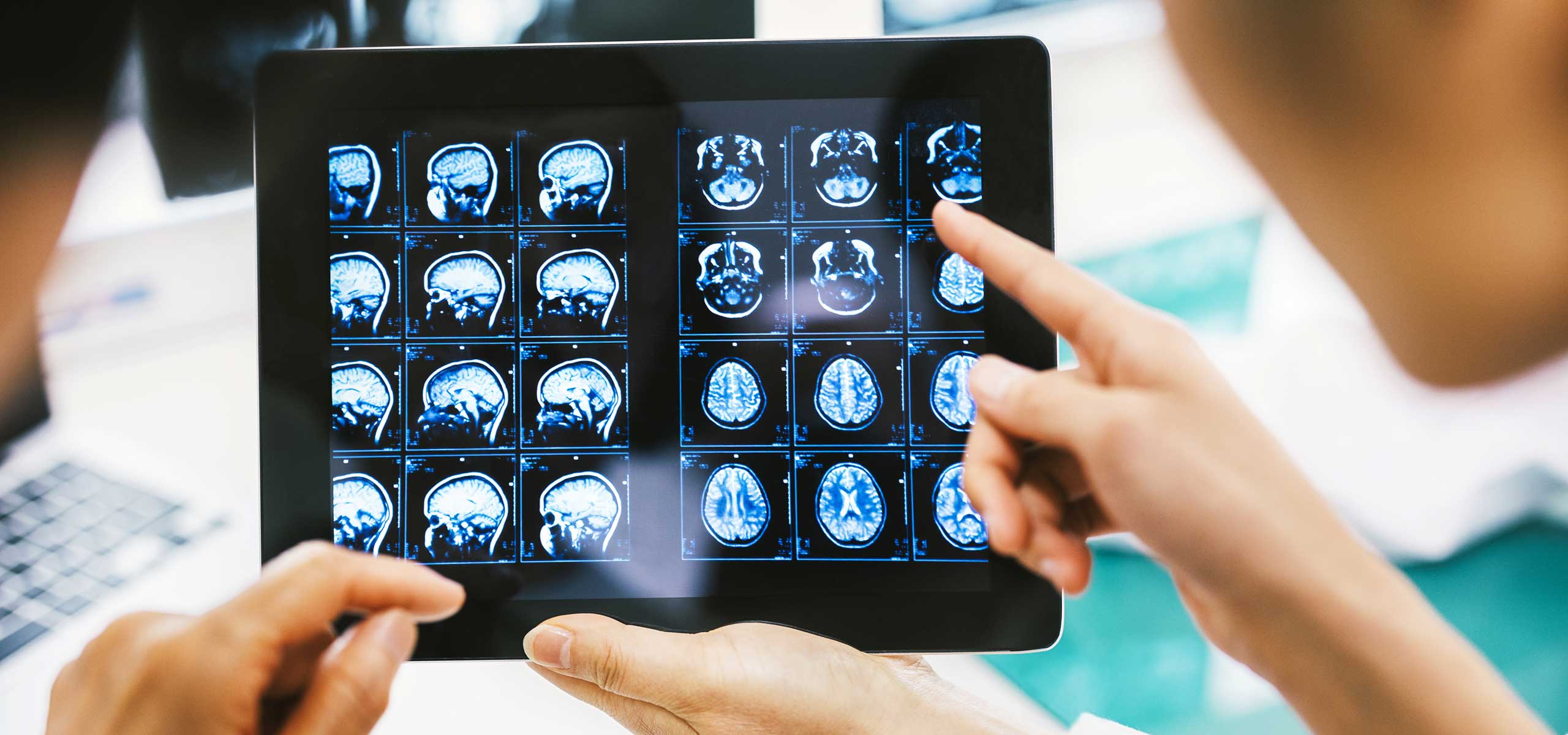
When you suffer a severe or moderate traumatic brain injury it is a life-changing event that can affect your personality, your ability to work and your relationships. It is emotionally exhausting and stressful, meaning it is imperative to adopt coping strategies very early on. The largest part of your recovery will occur in the first two years after the injury, so there is no time like the present to take action.
Start by identifying triggers to avoid whenever possible, from reading social media commentary and watching news programs to engaging in certain friendships. When avoidance isn’t an option, keep them to an absolute minimum and know when to walk away.
If your physician says that you can exercise, it could be a good thing. Walking, going for a bike ride, lifting weights, etc., boosts the production of dopamine. This calming hormone will take the edge off of the stress. Moreover, as your body gets in shape, you will feel more confident and relaxed.
You need to make sure you are getting plenty of sleep. Sleep gives your brain a chance to rest and relax – following a traumatic brain injury – this is a must. Establishing a routine where you go to bed and wake up at the same time can significantly reduce stress.
Eating healthy also plays a critical part in reducing and managing stress. Your doctor may make dietary recommendations following a traumatic brain injury. Sticking to the diet and avoiding alcohol, caffeine, and smoking as your brain heals is crucial to your long-term recovery.
You may want to consider a new hobby that encourages relaxation and peace, such as yoga. Relaxing activities such as this can help regulate breathing and develop focus.. Doing an activity such as yoga after a stressful day or event can help alleviate stress.
Many brain injury survivors keep detailed journals and undergo therapeutic counseling. Both of these can help alleviate stress by processing the psychological trauma caused by a TBI. Moreover, diaries and counseling records can be presented as evidence of the impact the injury has caused to your ability to work, relationships, enjoyment of life, etc. when pursuing a traumatic brain injury claim.
The attorneys at Hardee, Massey & Blodgett understand the impact traumatic brain injuries have on your life. If you or a loved one has suffered a TBI, we encourage you give our firm a call at 252-378-2525 to schedule a free consultation.
